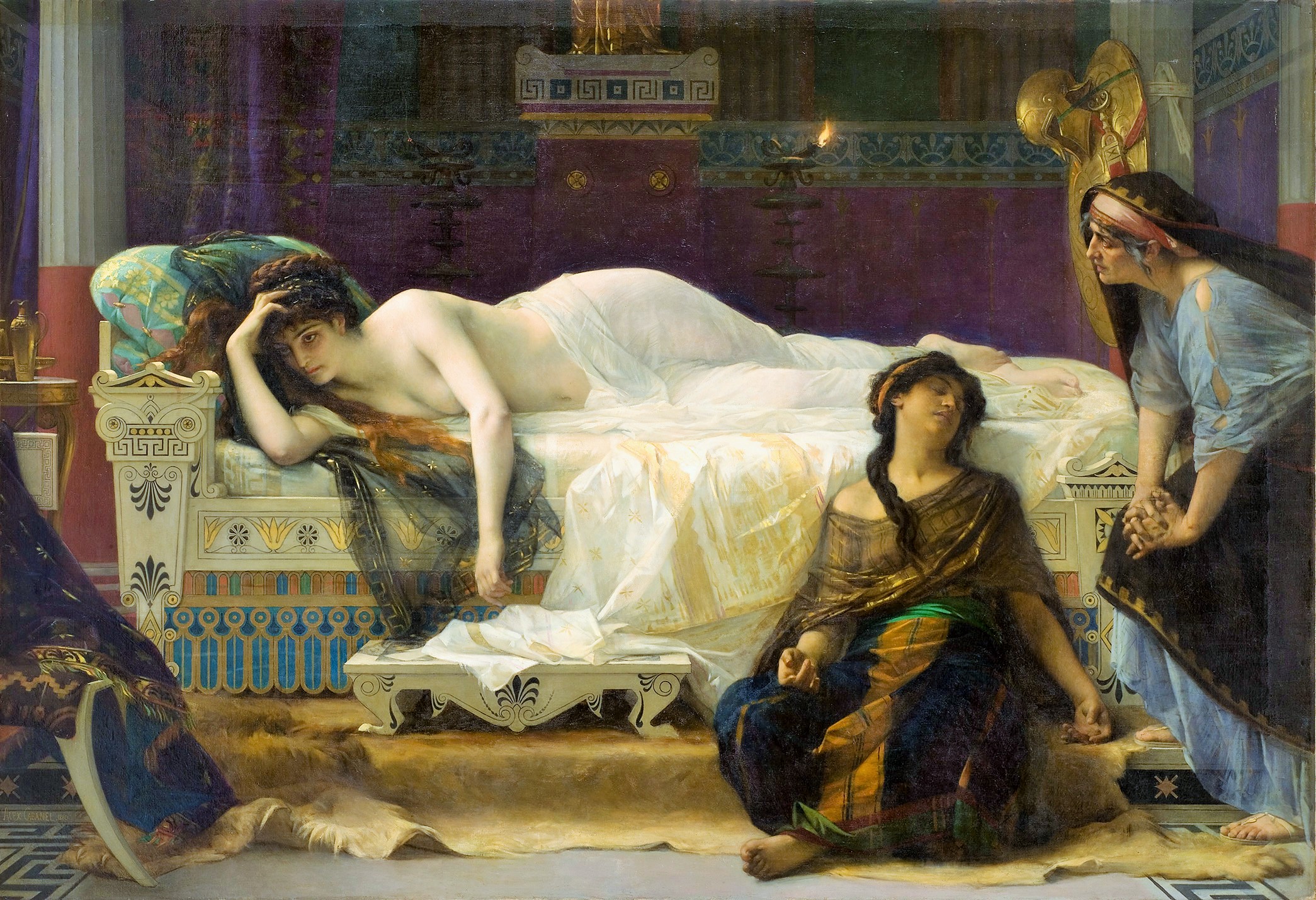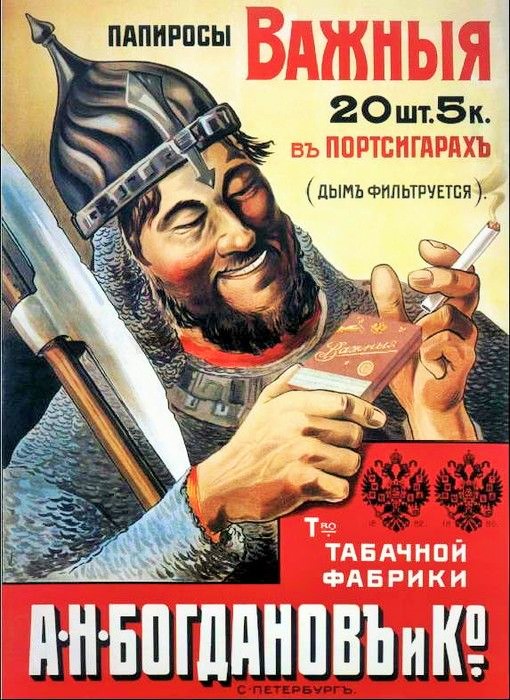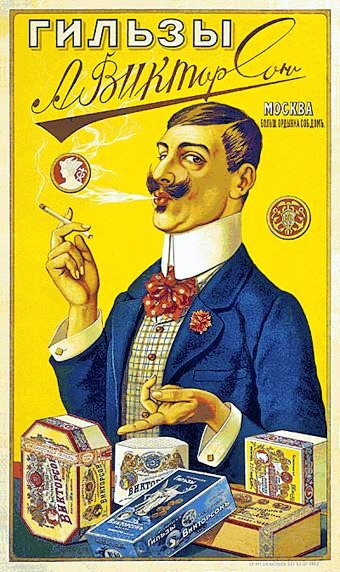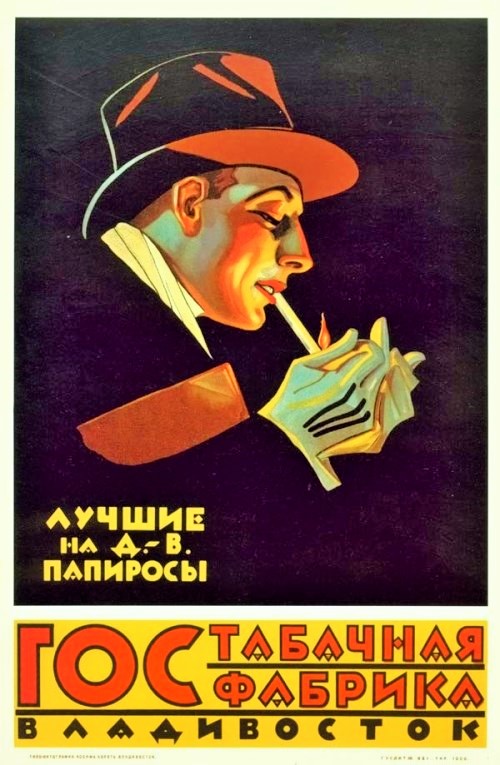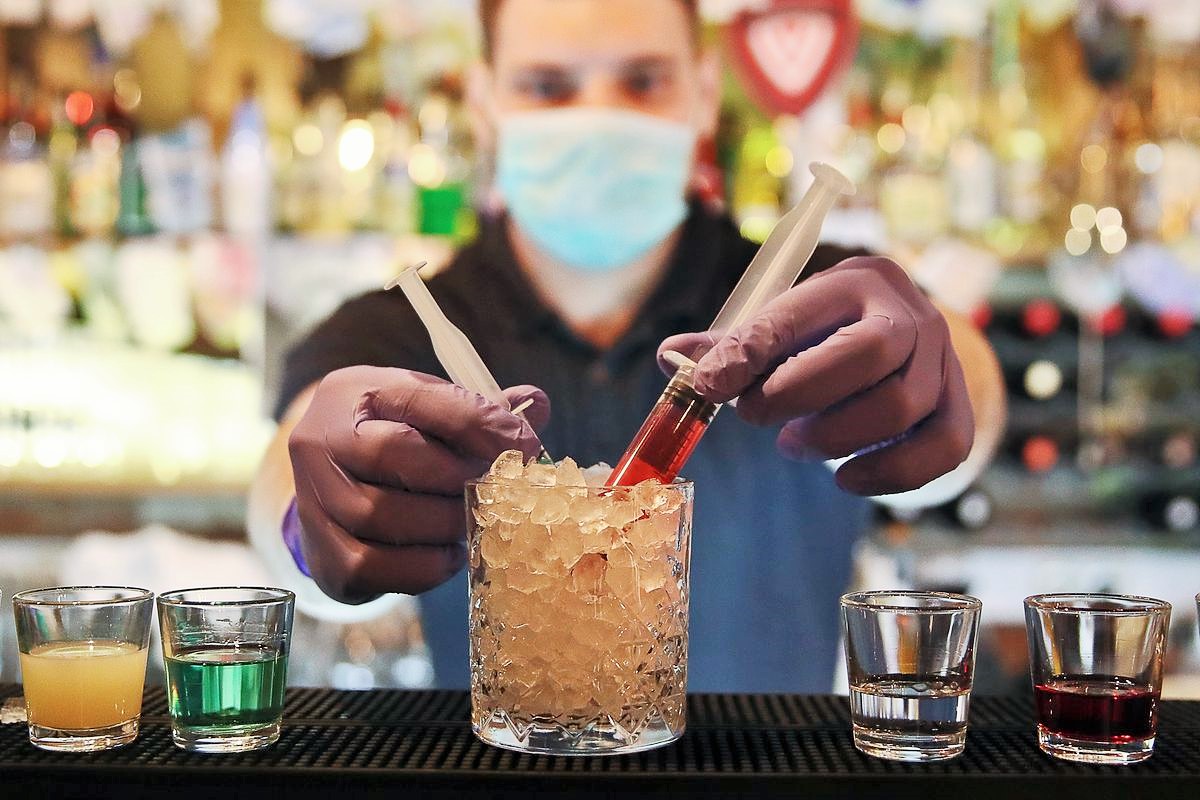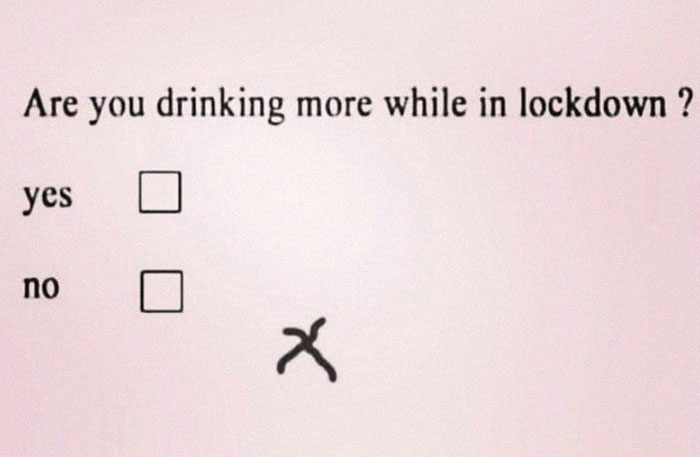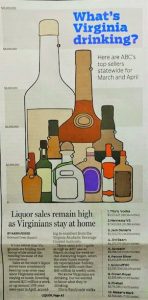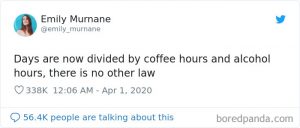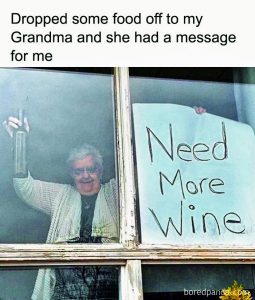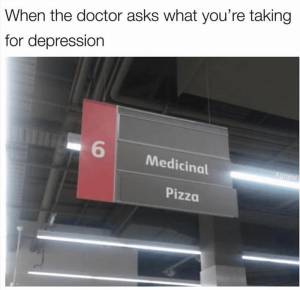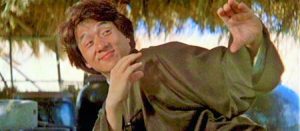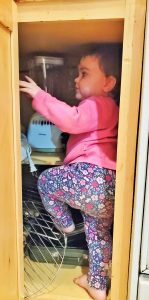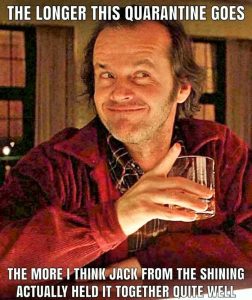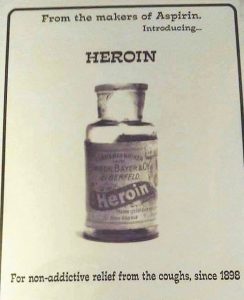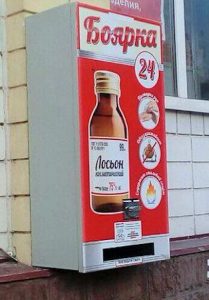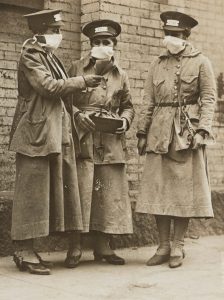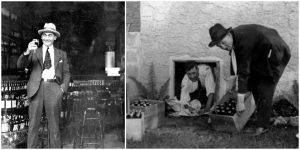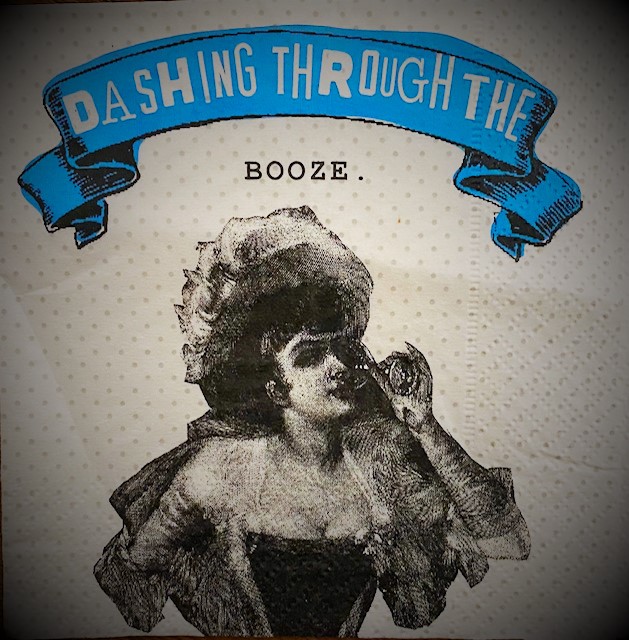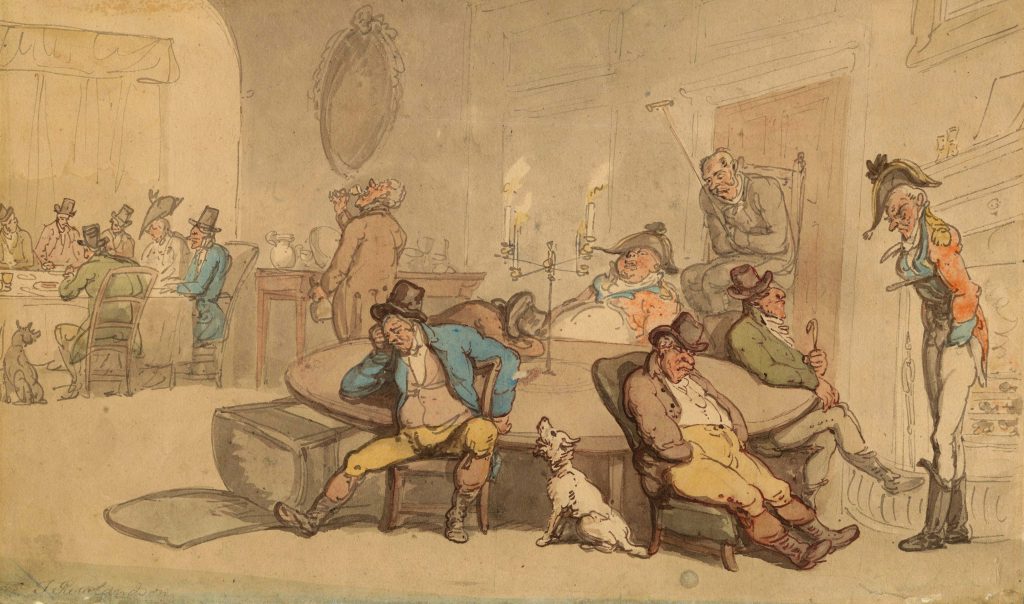
I’ve long maintained that people always do things for a reason—or more than one. Even habits are not “just habits.” There are reasons people repeatedly do something—often non-consciously—and this includes bad habits. At this point, most writing on the topic of bad habits would veer off into a discussion of ways to break them. But this blog is about what people get out of their habits that might not be immediately obvious.
A bad habit is that action which causes problems for our health, income, career, or relationships. Something that is bad is unpleasant, harmful, or undesirable.
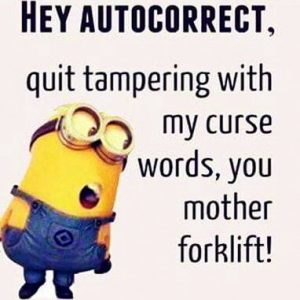
Note: Some of the behaviors listed here might not be considered bad habits by everyone. Anything done to excess can become harmful, after all. Drinking too much water can lead to hyponatremia. Spending too much of your time helping others can lead to ignoring self-care.
Here, in no particular order:
Smoking
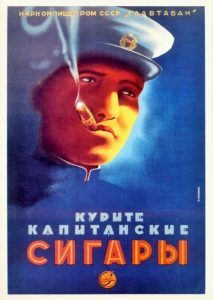
- Create an image
- Sophisticate with a cigarette holder
- High roller with an expensive cigar
- Macho man
- Pausing to think before responding without obviously pausing
- Get an energy hit
- Creates situations for social connections that might not otherwise happen
- Provides a brief break from work or stressful situations
Drinking
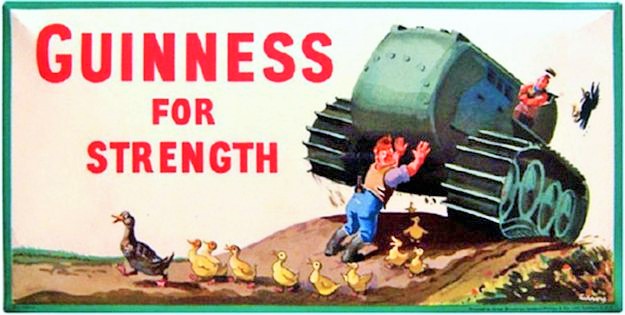
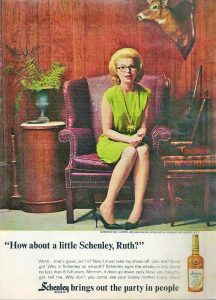
- Relax in a socially tense situation
- Create an image of sophistication, wealth, etc., depending on the drink
- Regularly drinking heavily increases tolerance, making it less likely the drinker will make a drunken misstep
- Moderate drinking reduces likelihood of a heart attack by about a third
- Alcoholic beverages are sure to be free of water parasites in places where other beverages are chancy
Negative Thinking
- When things go bad, “I told you so”
- When things go well, pleasant surprises
Eating Junk or Fast Food

- It’s handy, so no effort
- It’s relatively inexpensive, so easy on the wallet
- Service is fast, so it’s an efficient choice
- Higher levels of fat, salt, and sugar provide temporary dopamine surges
- Can become family ritual, if eaten infrequently
- Create positive associations with otherwise negative experiences (lollipop at the doctor’s office)
Anger Outbursts
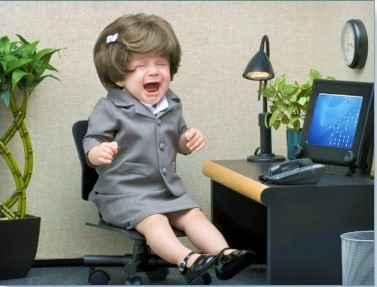
- Intimidates more timid people
- Creates the impression of passion or strong feelings
- Less likely to bottle anger and turn it inward, resulting in ulcers, high blood pressure, etc.
Indulging a Greedy Nature

- Gets one more of the good stuff (sometimes)
- Incite envy/ jealousy in others
Telling Lies
- “Little white lies” ease socially awkward situations
- E.g., “Of course your new haircut is flattering…”
- Avoid punishment
- Shift blame
- Keep positive secrets, such as a surprise party
Excessive Screen Time
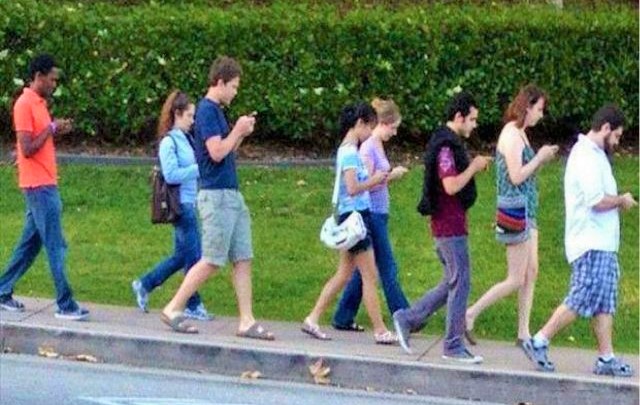
- Keep up with news and fads
- Have the topics for conversation
- Avoid boredom
- Improve hand-eye coordination (video games)
Always Criticizing
- Builds one’s self-esteem by comparison
- Intimidate potential critics
- Temporarily look like a subject expert
Nail-Biting
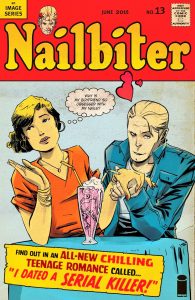
- Makes paying for manicures unnecessary
- Shows intense feelings
- Is less destructive than other bad habits
- Occupies hands to prevent other, worse habits, such as smoking
Gobbling Food
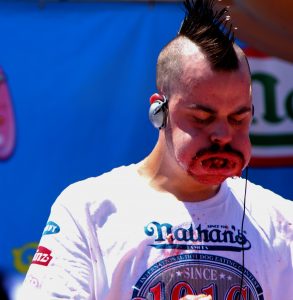
Eating quickly is fairly common in some circumstances. Gulping down a meal within a few minutes is a bit less common.
- Saves time for other things
- Demonstrates that food is not important
- Potential future in speed-eating competitions
Not Maintaining Hygiene and Cleanliness
- Saves time and energy
- Saves money on grooming products
- Allows focus on things other than personal appearance
Procrastination
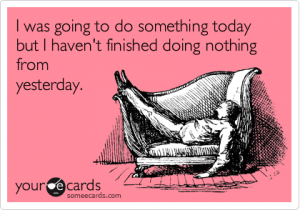
- You never have to feel like a failure because “I could have aced it ill I’d spent more time on it”
- If you procrastinate but succeed or excel anyway, you’ve saved time to do more/other things
- If a procrastinator is successful, it’s a big boost to one’s self-perceived capability
Keeping Late Hours

- Fewer people around to interrupt
- Hours when no one is criticizing what one is doing
- Easier to conduct a clandestine affair
- Boosts one’s self-concept as a non-conformist
- Minimize hours spent with unpleasant spouse or other family
- Night shift workers are often paid more
- Facilitates communication with people in other time zones
Swearing
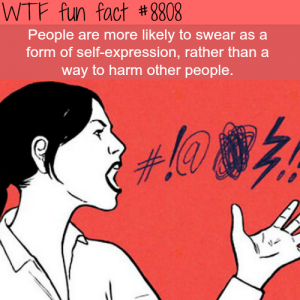
- Substitutes for more physically violent anger outburst
- (E.g., throwing things, punching the wall)
- If conducted at great volume, it’s good for one’s lungs
- Can encourage verbal creativity
- Is typically a sign of honesty
Fidgeting
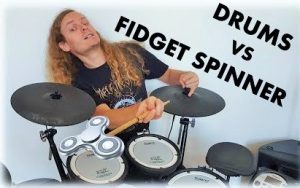
Tapping toes, drumming fingers, or other incidental movements
- Relatively safe way to release nervous energy and creativity
- Makes it easier to maintain weight, heart and lung health
- Unconscious form of drilling for musicians and dancers
Avoiding Exercise
- It saves energy
- It allows more time for other things
- If conscious decision, can save money on exercise clothes/ equipment/ memberships
Humming or Talking to Oneself
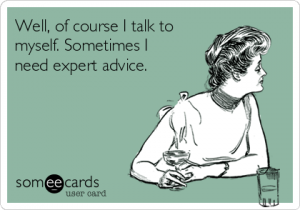
- Self-soothing when anxious
- Clarify thinking when facing a difficult decision
- Relieves the silence for those living alone
- May be the only way to have an intelligent conversation
Interrupting
- Express more of one’s own opinions
- Stop an opponent from making points
- Shows enthusiasm for topic
- Can prevent someone else accidentally divulging sensitive information
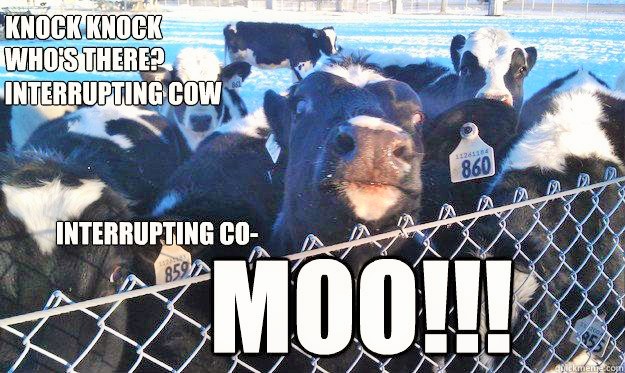
BOTTOM LINE: The downsides of bad habits have been well-documented. But everyone gets something out of every act, especially repetitive acts.
